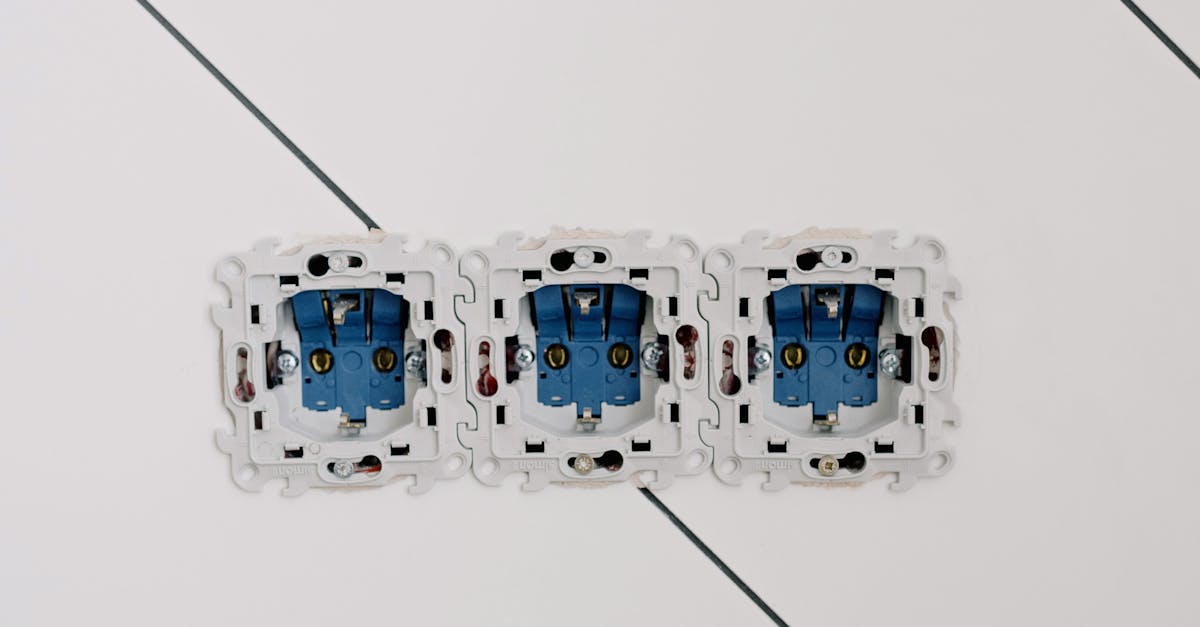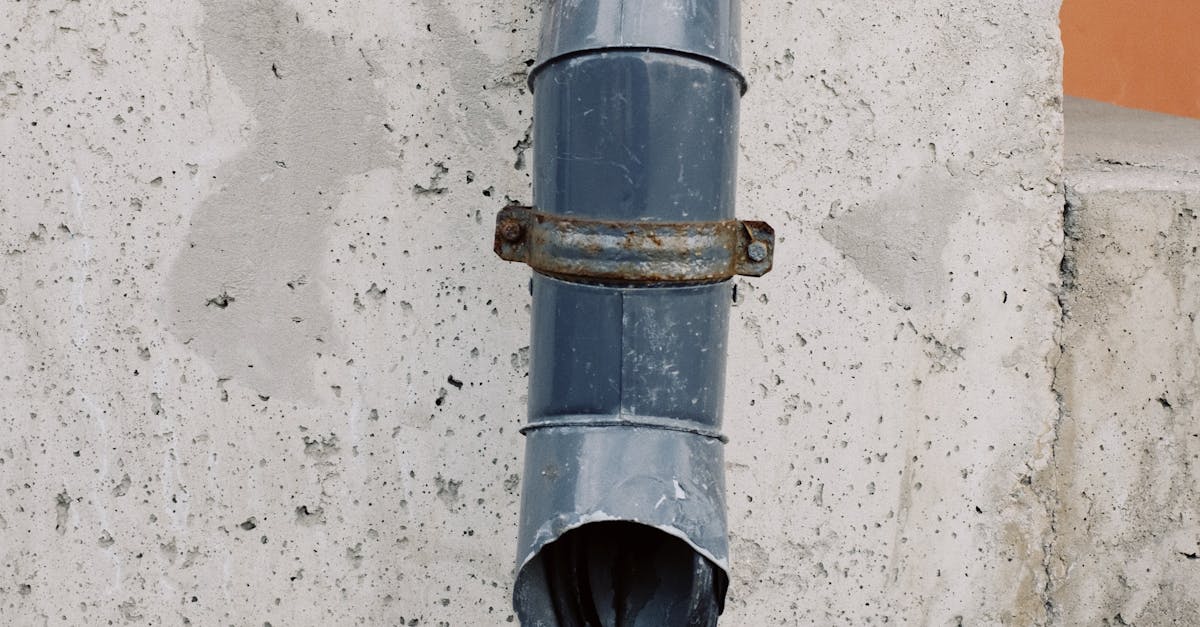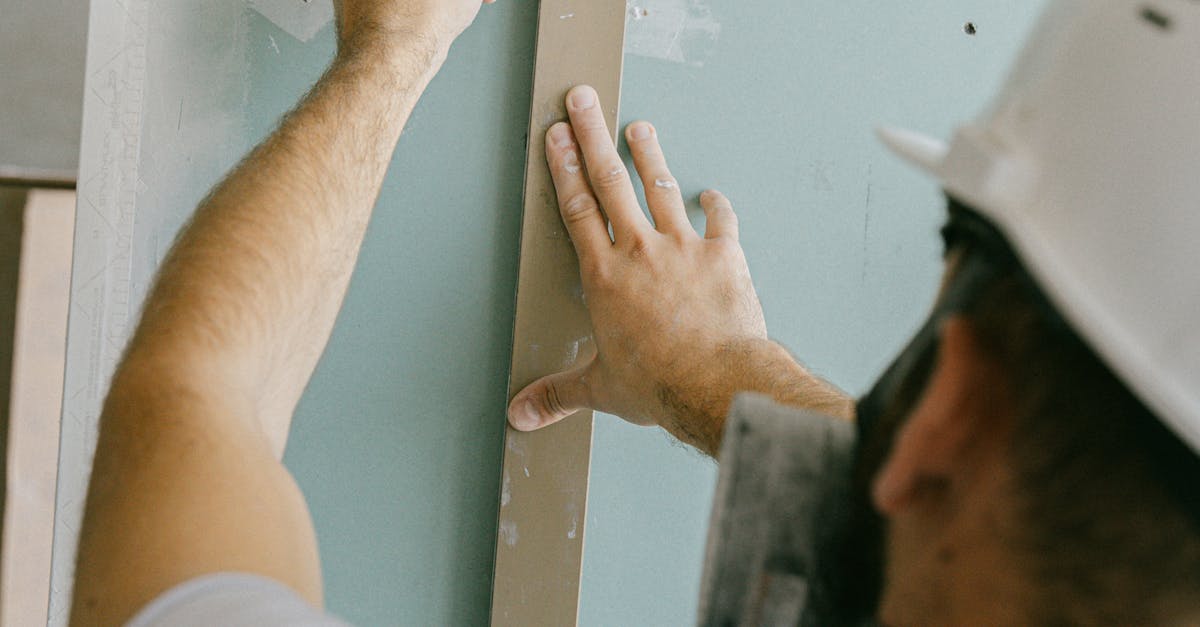
At Drainmaster Inc, we specialize in comprehensive sewer line installation and repair services designed to ensure your plumbing system functions flawlessly. Our experienced technicians utilize state-of-the-art technology to diagnose issues swiftly and accurately, providing both traditional and innovative solutions tailored to your needs. Whether you’re constructing a new home and need a reliable sewer line installed or facing a blockage, leak, or other problems with your existing system, we’re committed to delivering efficient, high-quality service. With a focus on customer satisfaction and long-lasting results, Drainmaster Inc is your trusted partner for all sewer line needs, ensuring your property's plumbing operates seamlessly and reliably.
Choosing the Right Materials for Sewer Lines
Selecting the appropriate materials for sewer lines is crucial for long-lasting performance and reliability. Various materials offer different benefits and drawbacks, impacting the overall integrity of the sewer system. PVC, for instance, is lightweight, resistant to corrosion, and relatively affordable, making it a popular choice for many homeowners. On the other hand, cast iron provides excellent durability and sound-dampening qualities but comes with a higher price tag and more complex installation requirements.
When making a decision, it's essential to consider environmental factors, such as soil conditions and local climate. Some materials may be more suitable for specific conditions than others, affecting longevity and maintenance needs. Additionally, local building codes may dictate which materials are acceptable for installation. Ensuring compliance with these regulations not only helps avoid potential fines but also guarantees that the sewer line installation meets safety and performance standards.
Comparing Different Pipe Options
When selecting the right materials for sewer lines, various pipe options present distinct advantages and challenges. PVC (Polyvinyl Chloride) is a popular choice due to its lightweight nature and resistance to corrosion. On the other hand, cast iron pipes offer durability and sound attenuation but can be heavier and more expensive. Each type of pipe has specific installation requirements and lifespan, which can influence the overall cost and long-term maintenance needs.
Another option is HDPE (High-Density Polyethylene), known for its flexibility and resistance to tree root intrusion. This material is often praised for its ease of installation in challenging environments. Conversely, concrete pipes are typically used for larger-scale systems, providing strength and a long service life. Understanding the differences among these materials helps homeowners make informed choices based on budget, environmental factors, and the specific demands of their sewer line installation or repair project.
Preventive Maintenance for Sewer Lines
Regular maintenance of sewer lines is essential to ensure their longevity and efficiency. Homeowners should consider scheduling routine inspections to detect blockages or damage before they escalate. It is advisable to periodically clean the pipes using professional services or specific methods like hydro-jetting, which helps eliminate grease buildup and debris accumulation. Additionally, homeowners must be proactive in checking for signs of leaks or slow drainage, as these can indicate underlying issues that require immediate attention.
Preventive measures also extend to being mindful of what is flushed down the toilet or poured down the sink. Avoiding harsh chemicals can prevent deterioration of pipe materials over time. Implementing simple habits, such as using drain covers to catch hair and debris, can significantly reduce blockages. Keeping tree roots at a distance by planting trees wisely can help maintain clear sewer lines. These practices contribute to a healthier plumbing system and can save homeowners from costly repairs in the future.
Tips to Avoid Future Problems
Regular inspections can significantly reduce the risk of future sewer problems. Many homeowners overlook the importance of routine maintenance, which should include checking for any signs of leaks or blockages. Utilizing professional services for camera inspections can provide a clear view of the inside of the pipes, helping to identify potential issues before they escalate. Maintaining a clean sewer line by minimizing the introduction of grease, food waste, and non-biodegradable materials also plays a crucial role in preventing clogs.
Establishing a regular schedule for maintenance can help detect and address minor issues promptly. Homeowners should be aware of tree roots, which can infiltrate sewer lines and cause considerable damage over time. Taking proactive steps, such as choosing the right plants for landscaping, can mitigate this risk. Additionally, keeping a close eye on water usage and promptly addressing slow drains can prevent larger problems from developing, saving both time and money in the long run.
Local Regulations and Permits for Sewer Work
When undertaking sewer line installation or repair, it's vital to understand that local regulations can vary significantly from one municipality to another. These laws often dictate specific requirements for materials, installation methods, and distances from property lines. Before beginning any work, homeowners or contractors should familiarize themselves with these regulations to avoid potential fines or project delays.
Obtaining the necessary permits is another critical step in the process. This usually involves submitting plans to a local building department along with the appropriate application fees. Inspections may also be required at various stages of the project, ensuring compliance with safety and environmental standards. Proper adherence to these regulations not only helps in maintaining neighborhood standards but also protects property value.
Navigating Compliance for Your Project
When embarking on a sewer line installation or repair project, understanding local regulations and permit requirements is crucial. Each municipality may have different codes governing sewer systems, including specifications for material types, installation techniques, and maintenance practices. Before beginning work, thoroughly research what permits are necessary and ensure you comply with all local building codes to avoid fines or project delays.
Working with qualified professionals who are familiar with the area’s regulations can simplify the compliance process. Many plumbers understand the intricacies of local policies and can guide you through obtaining the required permits. This not only ensures that the work is completed legally but also helps in maintaining community standards for public health and safety. By prioritizing compliance, you contribute to a reliable sewer system that serves the community effectively.
FAQS
What materials are commonly used for sewer line installation?
Common materials for sewer line installation include PVC (polyvinyl chloride), ABS (acrylonitrile butadiene styrene), cast iron, and ductile iron. Each material has its advantages and drawbacks depending on factors like cost, durability, and local regulations.
How can I determine which pipe option is best for my sewer line?
To determine the best pipe option for your sewer line, consider factors such as the soil type, local climate, budget, and any regulations in your area. Consulting with a plumbing professional can also help you make an informed decision.
What are some preventive maintenance tips for sewer lines?
Preventive maintenance tips for sewer lines include regularly inspecting for signs of leaks or blockages, avoiding flushing inappropriate items down the toilet, and scheduling routine professional cleanings to remove buildup.
How do I know if my sewer line needs repairs?
Signs that your sewer line may need repairs include slow drains, gurgling sounds from the plumbing, foul odors, water pooling in your yard, or visible cracks in your foundation. If you notice any of these issues, it's advisable to contact a professional for a thorough inspection.
Are permits required for sewer line installation or repair?
Yes, permits are typically required for sewer line installation or repair. It is important to check with your local regulations to ensure compliance and avoid potential fines or issues with your project.


